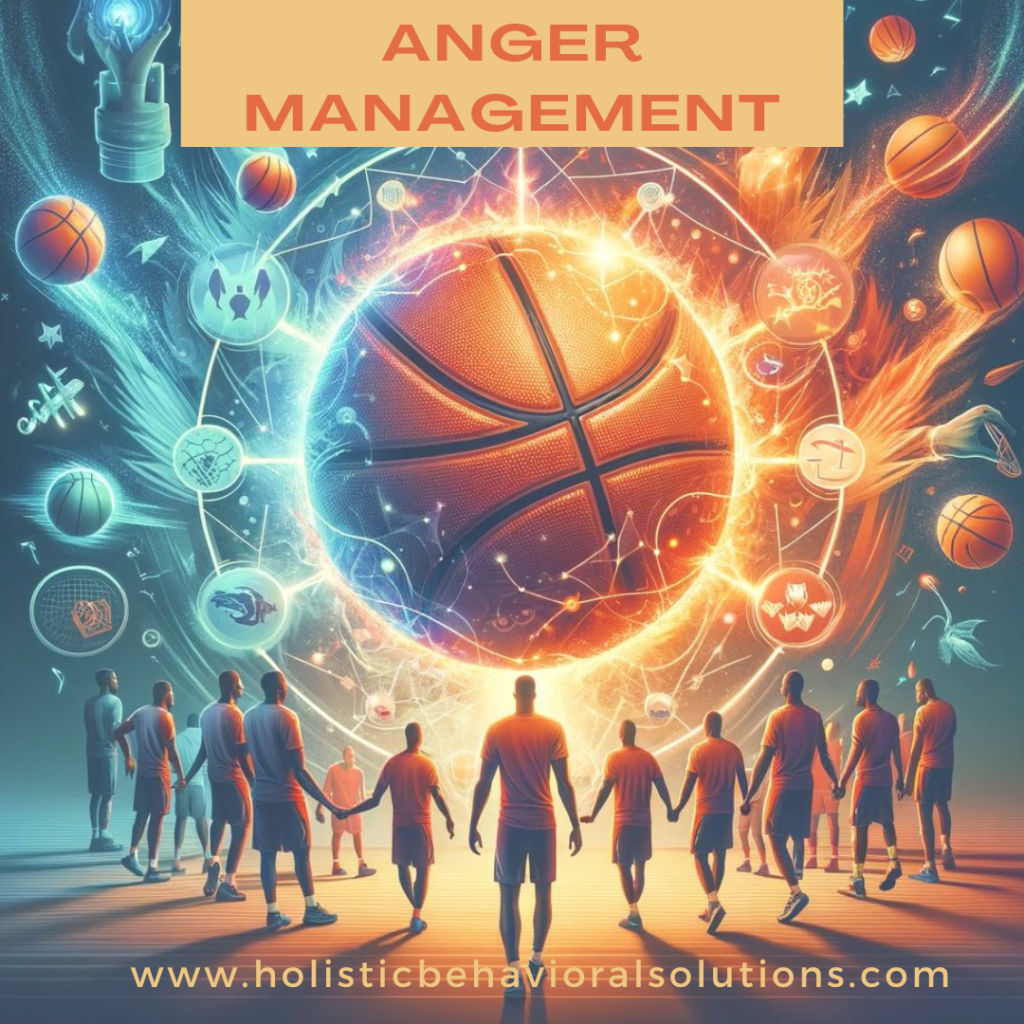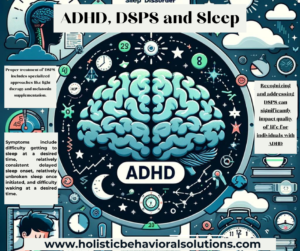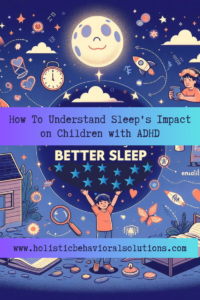
Anger Management on the Banks of the Old Raritan
In the world of collegiate sports, where the pursuit of excellence often blurs the lines of conduct, the recent controversy surrounding former Rutgers University men’s basketball coach Mike Rice, brought to light a critical conversation about anger management and its role in the high-stakes environment of college basketball. After watching the video evidence, I felt ashamed and hurt for the players, the university, the sport of basketball and for Mike Rice himself. The incident, which saw Rice engaging in abusive behavior towards his players, not only shocked the sports community but also raised important questions about the pressures faced by those in the competitive arena of college sports and the impact of unchecked anger on all involved.
The Pressure Cooker of College Basketball
College basketball is more than just a game; it’s a high-pressure environment where the expectations to perform and succeed are immense. Coaches like Mike Rice operate under the constant scrutiny of fans, universities, and the media, with the added pressure of recruiting and training top-tier athletes. The desire to win and the fear of failure create a potent mix that can push individuals to their limits.
For individuals that have issues with controlling and managing their anger, life is difficult. They never know when they are going to explode and sometimes, they have no idea of what triggers the anger and outbursts. I can’t imagine the stress of trying to compete on a national level and being under such close scrutiny. The pressure of trying to recruit, condition and train champions is no mean feat, but the magic happens in practice not on the playing field; The magic is discipline which happens daily and not from demeaning and abusing your players.
The Cost of Anger in Sports
Anger, when not managed properly, can be destructive, particularly in a team setting where cohesion and mutual respect are paramount. The incident at Rutgers University underscores a critical issue: the use of demeaning and abusive tactics under the guise of motivation. Such behavior not only tarnishes the sport and the institutions involved but also inflicts deep psychological wounds on the athletes, who look to their coaches for guidance and support, not fear and intimidation. Also, please remember, that is someone’s child you are screaming on.
Anger Management: A Path Not Taken
One can’t help but wonder whether Mike Rice recognized his struggles with anger and, if so, what steps he took to address them. Employee Assistance Programs (EAP) and other counseling services offer confidential help for those dealing with anger management issues, yet the question remains whether these resources were considered or made available in this context. The importance of seeking help and the availability of support systems cannot be overstated, particularly in high-stress professions where the consequences of unmanaged anger can be far-reaching.
Practice makes perfect and anger has no place in practice; it takes away from the constructive energy that needs to happen during the practice schedule. There is no excuse to demean and degrade student athletes and I wonder if Mike Rice knew he had an anger management problem. If so, how long and what did he do to address this issue? Does his behavior detract from the positive that he has done thus far? I wonder if he could have availed himself of EAP (Employee Assistance Program) counseling for anger management-it’s free and confidential. I wonder if the university made counseling mandatory when they found out. These are things that we all need to ponder.
The Ripple Effect of Unchecked Anger
The fallout from the Rutgers incident goes beyond the immediate players and coaching staff, touching on broader themes of responsibility, accountability, and the culture of collegiate athletics. It raises critical questions about the environments we create for our young athletes and the lessons we impart not just about the game, but about character, respect, and emotional intelligence.
A Moment for Reflection and Change
The controversy serves as a poignant reminder of Aristotle’s notion that “we are what we repeatedly do. Excellence, then, is not an act but a habit.” It prompts a reflection on the habits fostered within the realm of college sports and the values we champion. As spectators, educators, and fans, it’s incumbent upon us to advocate for a culture that prioritizes the mental and emotional well-being of athletes alongside their physical prowess.
Looking Forward: Healing and Redemption
The journey towards redemption for those who’ve faltered, like Mike Rice, begins with acknowledgment, accountability, and a commitment to change. It’s about transforming the culture of sports from one that occasionally veers into toxicity to one that uplifts and inspires. I wonder if any of those student’s went home and discussed these events, at what point do you give up your chance for an education because the abuse is too much.
I wonder if Rutgers has offered them counseling for trauma? I wonder if other college coaches verbally and physically abuse their players. Next time you are at a game, look at the coaches and their verbal and non-verbal communication with their players. For the athletes affected, the provision of support and counseling is crucial in healing the scars left by such experiences and ensuring that the pursuit of excellence on the court does not come at the expense of their mental and emotional health.
A Call to Action
The Rutgers incident is a stark reminder of the work that remains to be done in ensuring that college sports environments are safe, supportive, and nurturing. It’s a call to action for institutions, coaches, and all stakeholders involved in collegiate athletics to re-evaluate the methods and practices employed in the name of competition and success. By fostering an environment that emphasizes positive reinforcement, emotional intelligence, and constructive feedback, we can ensure that the legacy of college sports is defined not by moments of failure but by the strength, resilience, and character of those who participate in them.
I wonder if any of those student’s went home and discussed these events, at what point do you give up your chance for an education because the abuse is too much. I wonder if Rutgers has offered them counseling for trauma? I wonder if other college coaches verbally and physically abuse their players. Next time you are at a game, look at the coaches and their verbal and non-verbal communication with their players and tell me if you think they are abusive?
As we move forward, let the lessons learned from the Rutgers controversy serve as a catalyst for change, prompting us to reflect on the values we champion and the legacy we wish to leave in the world of collegiate sports. It’s an opportunity to redefine what it means to be a coach, an athlete, and a supporter of the game, ensuring that the pursuit of excellence is matched by an unwavering commitment to respect, integrity, and the holistic development of the individuals who dedicate themselves to the sport.
Anger Management and The Holistic Store
While we are thinking that through, boost your connection from the inside out with our wellness supplements and supplies. Check out our store for products that help you feel your best, making it easier to open up and connect on a deeper level.


